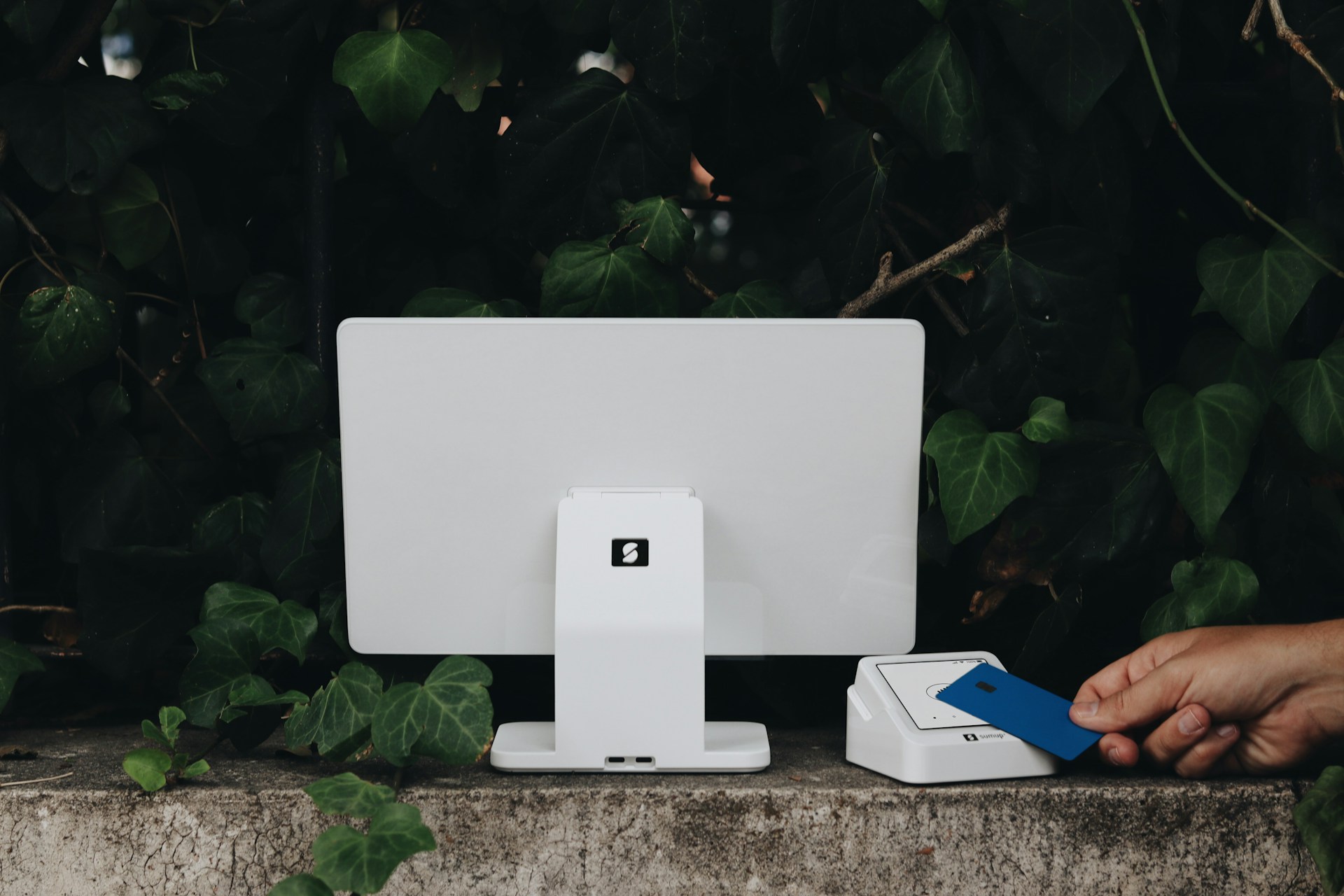Encrypted addresses such as 127.0.0.1 and 127.0.0.1:62893 can be difficult to understand in software and network development. However, this IP address is not as complicated as it seems. Understanding the meaning of each step will make operating, using, and developing software easier than you thought.127.0.0.1:62893

What is 127.0.0.1 IP address 127.0.0.1:62893?
This is a special address that points to a server, also known as loopback or localhost. This is a special IP address that is unique to the computer you are working on. This host is used to resolve addresses when you want to connect to a server but do not know the IP address of the local computer you are working on.127.0.0.1:62893
IP addresses may contain additional numbers that are somewhat mysterious to software developers. The additional numbers indicate other computer gateways that carry out various types of communication. These gates are called ports and send and receive data within a computer. For example, if an IP address appears as “127.0.0.1:62893”, 62893 is the port part of the address.127.0.0.1:62893
Messages on your computer are created by IP/TCP application software. The software sees 127.0.0.1 on port 62893 as a special IP address that is listening to send and receive messages. Loopback redirects messages to the same computer in the IP/TCP stack. It allows a device to communicate with itself.127.0.0.1:62893
IP/localhost addresses are useful in several ways:
- It checks if network tray works on a particular device.
- It allows you to connect to services running on localhost with or without a network connection by sending a connection to the local computer.
Messages from your computer are not sent to the localhost machine, but directly to your computer.
- It improves the security of the network your computer is running on by filtering messages that pass through the router. It does this by dropping all messages that contain other feedback.
This helps block hackers who try to use the Internet as a gateway.
- It allows incoming messages to be queued as if they came from another server, even if they were sent directly via 127.0.0.1:62893.
- When someone uses a device such as a terminal or CPU to push data to the device, they can point to the device using localhost. Also, a browser can make a host request to a web server to find the location of a particular website.
This means an IP address. If there is no link to a particular website from the local server, you can just type in the IP address of the computer running the website and your computer will request https.
- It allows software developers to test the functionality of their software without actually starting it. It is important to test software before putting it on the Internet because it may fail before you use it.
- It speeds up application development and allows you to efficiently measure the response time of your application. This is because the ping is sent to the local host. This is faster than connecting to a remote server whose functionality depends on the speed of your Internet connection.127.0.0.1:62893
This is useful when you don’t know the link of the site you want to access.
- It provides a safe environment for software development experimentation because you can test new features without fear of loss or damage. Local hosts create a safe space where teachers can let students try out, test, and make mistakes with programs and software without damaging them.

How to get the IP address of your computer?
Follow the steps below:
For Windows users, go to the Start menu in the bottom left corner of your screen.
Type CMD, open a command prompt and type ipconfig to get the address.
For Linux users, press Ctrl+Alt+T, type ipconfig and press Enter.
Copy the IP address and paste it into the address bar of your browser.
Send a request to the web server running on your computer and you should see the default Apache web page. Now you can access your local host (your server) and access all the pages you have created locally on your site.
If you do not see this page, it indicates that your computer is not running the Apache server. To solve this problem, restart the server and follow the steps above. Also, you can only connect to your server when it is online and you need to access other computers nearby.

Conclusion
127.0.0.1:62893 represents a combination of a local IP address and a specific port used for local communication within one computer. This combination is essential for developing, testing and diagnosing network applications. By using 127.0.0.1, applications can simulate network communication without the need to go out to external networks, which provides security and convenience.
FAQs
Can a browser send HTTP requests locally even if it is not connected to a network?
Yes, your computer does not need a network to do this. It communicates with itself. In fact, if your computer is not connected to the Internet, it connects to a default address, 127.0.0.1. This is not specific to any particular network.
What is the difference between localhost and an IPv6 address?
Localhost is the primary IPv4 address, specified numerically as 127.0.0.1, port 62893, and serves as the input host for any address to your computer. In contrast, an IPv6 address is an Internet Protocol v6 sequence with the number sequence 127.0.0.1. These are loopback addresses that do not form multiple addresses like IPv4 addresses do.











